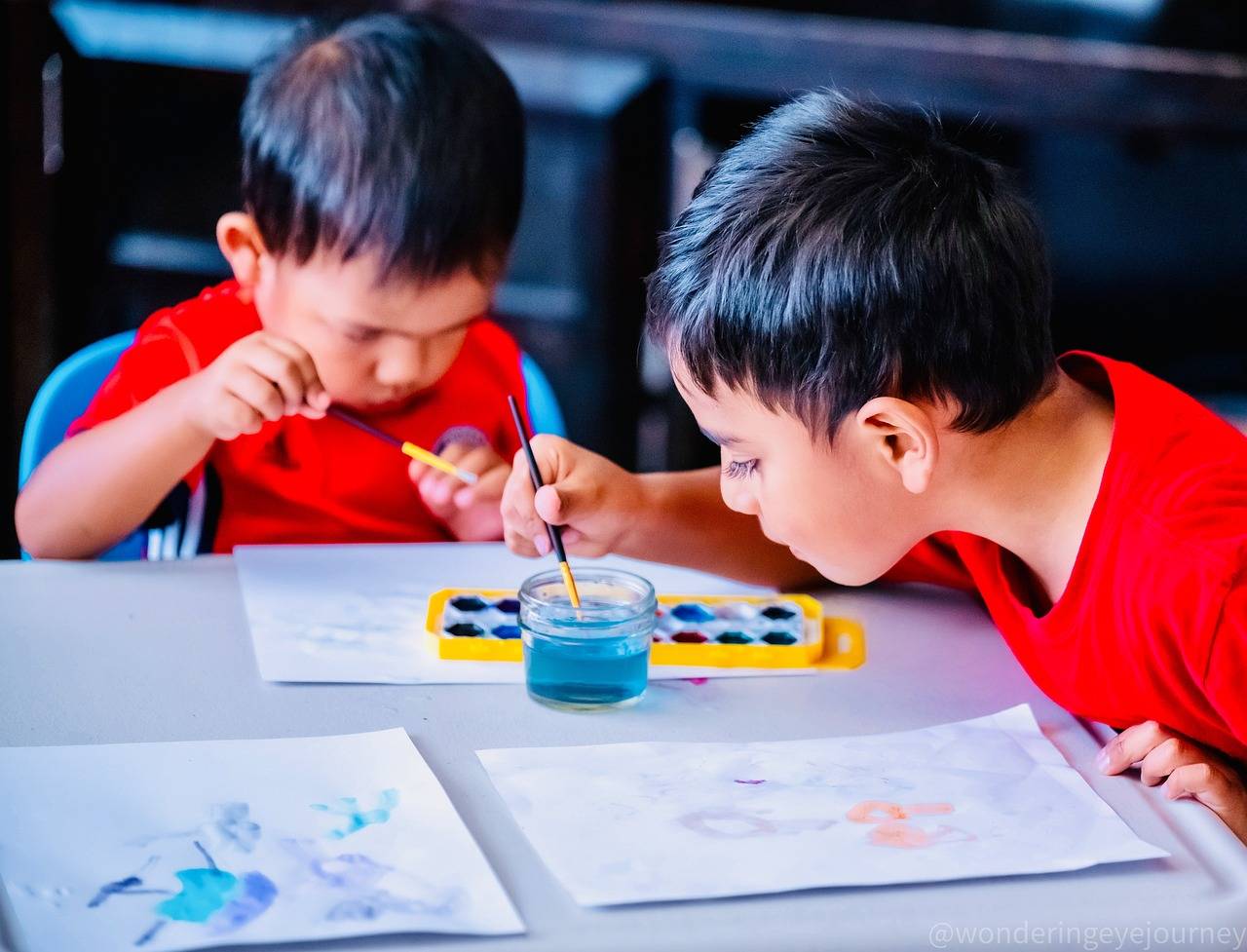Education for Social and Emotional Learning (SEL)
Emotional intelligence plays a pivotal role in the realm of education, significantly influencing academic success and overall well-being. Understanding and managing emotions is a skill that not only benefits individual students but also fosters positive relationships within the school community. By developing emotional intelligence, students can navigate challenges more effectively and exhibit greater resilience in the face of adversity.
Educators who prioritize emotional intelligence in their teaching practices create a supportive and nurturing learning environment where students feel safe to express themselves and learn from their emotions. This emphasis on emotional awareness and regulation enhances students’ social interactions and collaboration skills, laying a solid foundation for their future success. By integrating emotional intelligence into the educational curriculum, schools can cultivate a generation of emotionally intelligent individuals equipped to thrive in both academic and real-world settings.
Identifying Social and Emotional Learning Skills
Social and emotional learning (SEL) skills play a crucial role in the overall development of students. These skills encompass a wide range of abilities that enable individuals to understand and manage their emotions, communicate effectively, exhibit empathy towards others, make responsible decisions, and build positive relationships. By identifying and nurturing these skills early on in education, schools can better support students in their academic pursuits and prepare them for success in their personal and professional lives.
Some common social and emotional learning skills include self-awareness, self-management, social awareness, relationship skills, and responsible decision-making. Self-awareness involves recognizing one’s emotions and understanding how they can impact behavior and interactions with others. Self-management is the ability to regulate emotions, thoughts, and behaviors in different situations. Social awareness entails having empathy and understanding the perspectives of others, while relationship skills focus on fostering positive interactions and maintaining healthy relationships. Lastly, responsible decision-making involves considering consequences and making ethical choices. By recognizing and developing these skills in students, educators can create a supportive learning environment that promotes overall well-being and success.
What is emotional intelligence and why is it important in education?
Emotional intelligence refers to the ability to recognize, understand, and manage both our own emotions and the emotions of others. It is important in education because it helps students develop skills such as self-awareness, empathy, and relationship building, which are crucial for academic and personal success.
How can social and emotional learning skills be identified in students?
Social and emotional learning skills can be identified in students through observations of their behavior, interactions with peers and adults, self-reflection exercises, and assessments specifically designed to measure these skills. Teachers and parents can also provide feedback on a student’s social and emotional competencies.
What are some examples of social and emotional learning skills?
Examples of social and emotional learning skills include self-awareness, self-management, social awareness, relationship skills, and responsible decision-making. These skills help students navigate social situations, manage their emotions effectively, and make responsible choices in various contexts.
How can educators support the development of social and emotional learning skills in students?
Educators can support the development of social and emotional learning skills in students by incorporating SEL curriculum into their teaching, creating a positive and inclusive classroom environment, modeling positive behaviors, providing opportunities for students to practice their social and emotional skills, and offering support and guidance when needed.





